
Interest in AI in prostate cancer pathology has picked up speed since initial attempts of computer-aided diagnosis of the disease more than a decade ago, according to Peter A. Humphrey, MD, PhD.

Interest in AI in prostate cancer pathology has picked up speed since initial attempts of computer-aided diagnosis of the disease more than a decade ago, according to Peter A. Humphrey, MD, PhD.
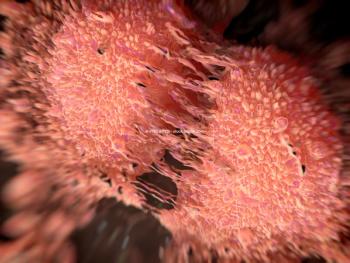
"[Now that] we have entered the era of precision and personalized medicine, well-designed clinical trials are needed to address selected focused questions regarding optimal therapy sequencing,” says Maha H.A. Hussain, MBChB.

“The benefit of enfortumab vedotin plus pembrolizumab in all prespecified subgroups was consistent with the overall patient population,” said Michiel S. Van Der Heijden, MD, PhD.
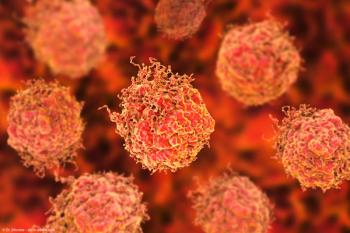
Researchers are exploring the potential of CAR T-cell therapy in patients with renal cell carcinoma who have disease progression following treatment with checkpoint inhibitors and VEGF inhibitors.

The approval of the niraparib/abiraterone dual-action tablet for BRCA-positive mCRPC is based on findings from the phase 3 MAGNITUDE study.
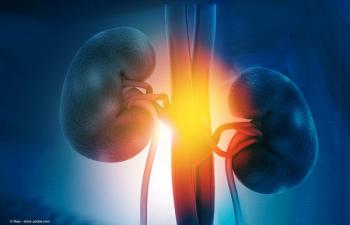
“Now in 2023, it’s really a question of how to apply these agents and which combinations to use in the first line,” said Vincent (Wenxin) Xu, MD.

The application is supported by findings from the phase 3 MAGNITUDE study.

An exploratory analysis of the IMvigor130 study failed to show an improvement in overall survival with atezolizumab, compared with placebo plus platinum-based chemotherapy and gemcitabine in patients with untreated locally advanced or metastatic urothelial cancer.

The patient had previously received 6 lines of chemotherapy treatment and was still in an ongoing complete response at the time of the study analysis.
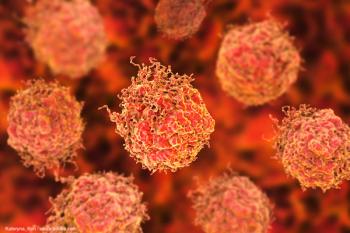
The presence of more than 2 tertiary lymphoid structures coupled with increased density of Ki-67 and PD-1 positivity was linked to an increased response rate and prolonged progression-free survival.
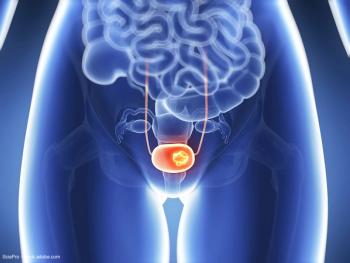
At a median follow-up of 20.7 months in patients with papillary disease (n = 77), the median DFS was 23.6 months.

The applications for germline and somatic genetic testing in prostate cancer have skyrocketed, carving out an important role in screening, diagnosis, and treatment.

Despite missing the primary end point, avelumab did demonstrate notable clinical activity and a favorable safety profile in the phase 2 ARIES trial.
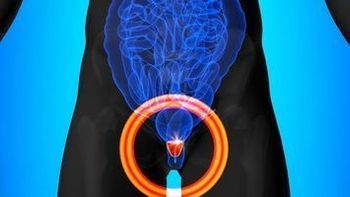
Findings from the phase 3 MAGNITUDE trial showed that adding niraparib to abiraterone acetate significantly extended radiographic progression-free survival in patients with metastatic castration-resistant prostate cancer and homologous recombination repair gene alterations.

Nearly two-thirds of patients with metastatic renal cell carcinoma responded to the combination.
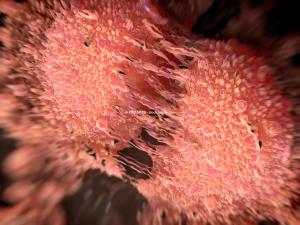
Published: March 12th 2024 | Updated:
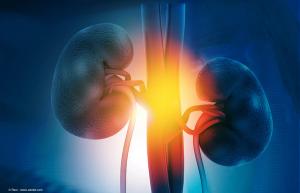
Published: March 17th 2023 | Updated:

Published: March 1st 2023 | Updated:

Published: August 11th 2023 | Updated:

Published: January 28th 2024 | Updated: